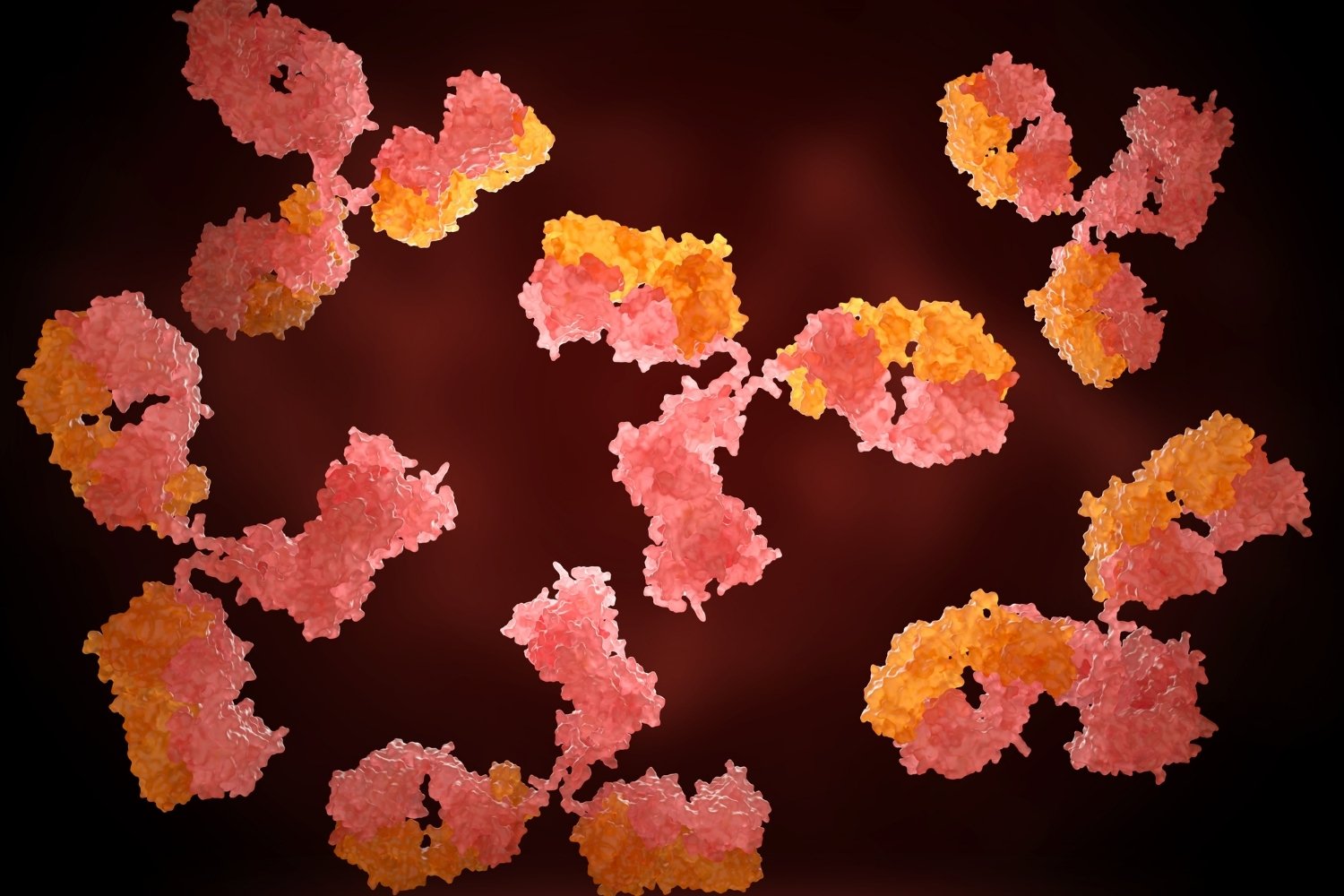
Checkpoint proteins play a crucial role in maintaining the integrity of our cells. These proteins act as gatekeepers, ensuring that cells only divide when they are ready and healthy. Without them, cells could divide uncontrollably, leading to diseases like cancer. Checkpoint proteins monitor and repair DNA damage, halt cell division if errors are detected, and even trigger cell death if the damage is beyond repair. Understanding these proteins can help in developing treatments for various diseases. In this post, we'll explore 32 fascinating facts about checkpoint proteins that highlight their importance in cellular health and disease prevention.
What Are Checkpoint Proteins?
Checkpoint proteins are crucial for maintaining the integrity of our cells. They act as gatekeepers, ensuring that cells only divide when they are ready and healthy. These proteins play a significant role in preventing cancer and other diseases.
- Checkpoint proteins monitor the cell cycle to ensure cells divide correctly.
- They can halt cell division if they detect DNA damage.
- These proteins help repair damaged DNA before the cell continues to divide.
- If the damage is too severe, checkpoint proteins can trigger cell death to prevent the spread of faulty cells.
Key Checkpoint Proteins
Several checkpoint proteins are essential for cell cycle regulation. Each has a unique role and mechanism of action.
- p53 is known as the "guardian of the genome" because it can stop cell division and initiate DNA repair.
- ATM (Ataxia Telangiectasia Mutated) detects DNA damage and activates repair proteins.
- ATR (ATM and Rad3-related) works alongside ATM to manage DNA damage response.
- CHK1 and CHK2 are kinases that help transmit signals from ATM and ATR to halt the cell cycle.
- BRCA1 and BRCA2 are involved in repairing DNA double-strand breaks.
How Checkpoint Proteins Prevent Cancer
By ensuring cells only divide when they are healthy, checkpoint proteins play a vital role in cancer prevention.
- Mutations in checkpoint proteins like p53 are found in over 50% of human cancers.
- BRCA1 and BRCA2 mutations significantly increase the risk of breast and ovarian cancers.
- Checkpoint proteins can trigger apoptosis, or programmed cell death, to eliminate potentially cancerous cells.
- They help maintain genomic stability, reducing the likelihood of mutations that could lead to cancer.
Checkpoint Proteins in Cancer Therapy
Checkpoint proteins are not only important for preventing cancer but also for treating it. Scientists have developed therapies that target these proteins to improve cancer treatment.
- Checkpoint inhibitors are drugs that block checkpoint proteins, allowing the immune system to attack cancer cells.
- PD-1 and PD-L1 inhibitors are examples of checkpoint inhibitors used in cancer therapy.
- These inhibitors have shown success in treating melanoma, lung cancer, and other cancers.
- Combining checkpoint inhibitors with other treatments can enhance their effectiveness.
The Role of Checkpoint Proteins in Aging
As we age, the efficiency of checkpoint proteins can decline, leading to an increased risk of diseases.
- Reduced activity of checkpoint proteins can lead to the accumulation of DNA damage over time.
- This accumulation contributes to the aging process and age-related diseases.
- Enhancing the function of these proteins could potentially slow down aging and extend lifespan.
- Research is ongoing to understand how checkpoint proteins can be targeted to promote healthy aging.
Checkpoint Proteins in Other Diseases
Beyond cancer and aging, checkpoint proteins are involved in various other diseases.
- Defects in checkpoint proteins can lead to neurodegenerative diseases like Alzheimer's.
- They play a role in autoimmune diseases by regulating immune cell division.
- Checkpoint protein mutations are linked to developmental disorders.
- Understanding these proteins can lead to new treatments for a range of diseases.
Future Research on Checkpoint Proteins
The study of checkpoint proteins is a rapidly evolving field with many exciting possibilities.
- Researchers are exploring how to enhance checkpoint protein function to prevent diseases.
- New checkpoint inhibitors are being developed to improve cancer treatment.
- Scientists are investigating the role of checkpoint proteins in stem cell biology.
- There is potential for using checkpoint proteins to develop personalized medicine approaches.
- Advances in technology are allowing for more detailed studies of these proteins.
Fun Facts About Checkpoint Proteins
While checkpoint proteins are a serious topic, there are some interesting and fun facts about them.
- The discovery of p53 earned scientists the Nobel Prize in Physiology or Medicine in 1993.
- Checkpoint proteins are found in all living organisms, from humans to yeast, highlighting their fundamental importance in biology.
The Final Word on Checkpoint Proteins
Checkpoint proteins are like the body's security guards, ensuring cells divide correctly. They play a crucial role in preventing cancer by stopping damaged cells from multiplying. Understanding these proteins helps researchers develop better cancer treatments.
Mutations in checkpoint proteins can lead to uncontrolled cell growth, making them a key focus in cancer research. Scientists are exploring ways to target these proteins to improve therapies.
Checkpoint proteins also have potential in treating other diseases. By manipulating these proteins, researchers hope to find new treatments for various conditions.
In short, checkpoint proteins are vital for maintaining cellular health. Their study not only advances cancer research but also opens doors to new medical breakthroughs. Keep an eye on this field; it's bound to bring exciting developments in the future.
Was this page helpful?
Our commitment to delivering trustworthy and engaging content is at the heart of what we do. Each fact on our site is contributed by real users like you, bringing a wealth of diverse insights and information. To ensure the highest standards of accuracy and reliability, our dedicated editors meticulously review each submission. This process guarantees that the facts we share are not only fascinating but also credible. Trust in our commitment to quality and authenticity as you explore and learn with us.
